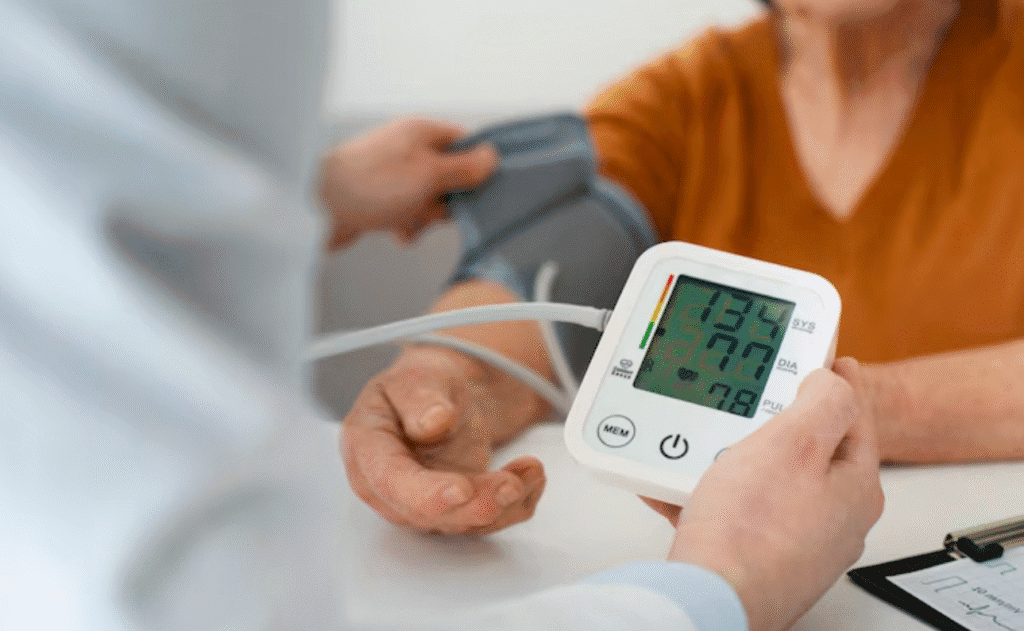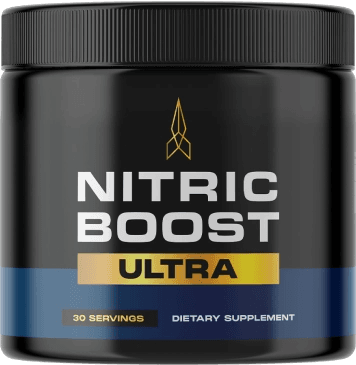Checking your blood pressure regularly is a simple but powerful step toward protecting your heart and overall health—especially if you’re over 40 or have risk factors like stress, poor diet, or a sedentary lifestyle.
💓 Why It’s Important to Monitor Blood Pressure
- Detects high blood pressure early (often called the “silent killer” because it has no symptoms).
- Prevents complications like heart disease, stroke, kidney damage, and vision loss.
- Tracks treatment effectiveness if you’re on medication or lifestyle changes.
- Empowers you to take control of your health and make informed decisions.
📈 What’s a Healthy Blood Pressure Range?
| Category | Systolic / Diastolic (mm Hg) |
|---|---|
| Normal | < 120 / < 80 |
| Elevated | 120–129 / < 80 |
| High (Stage 1) | 130–139 / 80–89 |
| High (Stage 2) | ≥ 140 / ≥ 90 |
| Hypertensive Crisis | > 180 / > 120 (seek help) |
🩺 How to Monitor Your Blood Pressure
- Use a reliable digital monitor (arm cuffs are more accurate than wrist/finger types).
- Check at the same time daily, ideally in the morning before eating or taking meds.
- Sit calmly for 5 minutes before testing, with feet flat and back supported.
- Take 2–3 readings, a minute apart, and average the results.
- Record the numbers in a log or app to share with your doctor.
✅ Tips for Better Readings:
- Avoid caffeine, smoking, or exercise 30 minutes before checking.
- Don’t talk or move during the test.
- Use the correct cuff size for your arm.




